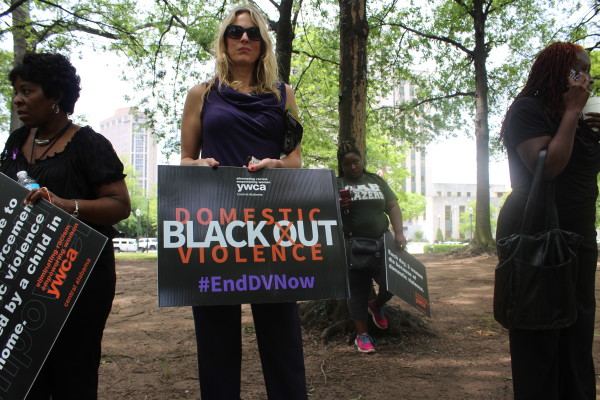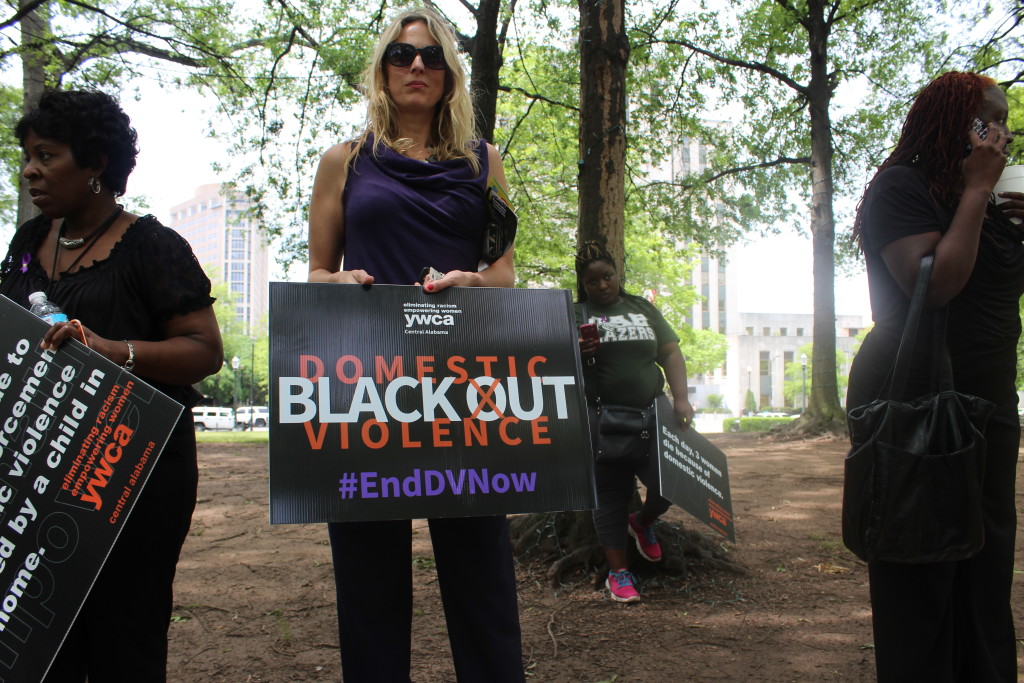

- Know the signs of abuse
If you are able to answer yes to any of these questions, you are a victim of domestic violence
Does your spouse regularly find fault with you or tell you are worthless?
Does he refuse to let you have friends?
Does he keep you from seeing your family?
Does he stop you from leaving the house without a valid reason?
Does he make you afraid by what he says (for instance, does he threaten you)?
- Tell someone
Talking to someone is a form of help. Confide in someone if you have been isolated from most of your family and friends, this is a form of breaking out of suffering in silence. This could also mean that you are creating a relationship with someone who could possibly save your life.
- Have a protection plan
Creating a protection plan is essential for domestic violence because there has to be an escape from the home during an attack to protect you and/or your children. You need this plan if you are in an abusive relationship or recently got out of one especially if you remain in the same home as the abuser. Your abuser can also search for you.
These are the elements of a protection plan:
Be aware of the sort of behavior that precedes an attack. Is alcohol an element of abuse? Are there other indicators that an attack is about to happen? Usually, there are.
Decide on some safe place you can go with your kids. This might include a church, the mosque, a crisis shelter, another home, relatives, friends, hotel, or another place in which you feel safe.
Decide how you will get there. Keep some money and a set of extra keys with you and some with your family and/or friends, so you can leave by taxi. This way, even if you don’t have money, you can quickly escape to the friend’s house by taxi when you feel an attack is imminent. You might arrange with friends, neighbors or relatives that they will come and pick you up when you feel it is necessary. The police or social workers also might help.
Decide how you may escape from your home when an attack is imminent. Make sure you know where the nearest public phone is and try to memorize the number of the local shelter and what to take when you leave.
- Be prepared
If you are in a situation where you need to immediately leave your home, do not stop to collect anything. You should keep birth certificates, passports, restraining orders, court documents, social security cars, credit cards, medicine, spare keys, children’s clothes and toys. If you have been planning to leave, start slowly collecting these things.
- Go somewhere safe
Places like hospitals, women’s shelters, domestic violence crisis lines, doctors, social workers, etc. have departments for domestic violence. These resources can help when you are dealing with your situation, possibly saving you and your children’s lives.
Compiled by Ebone’ Parks.
Contact info for help
The YW operates two confidentially located shelters for women and children fleeing abusive homes. The shelters serve Blount, Jefferson and St. Clair counties.
Call the YWCA Crisis Line at 205-322-4878 or 1-800-650-6522
- Family Violence Shelter 24/7 Crisis Line
205-322-4878
- Family Justice Center
9 a.m.-4 p.m.
205-325-5252 Ext. 4740
1-800-799-7233 | 1-800-787-3224 (TTY)
(800) 650-6522 Toll Free
(334) 793-5214 Administrative
generalinfo@houseofruthdothan.org



